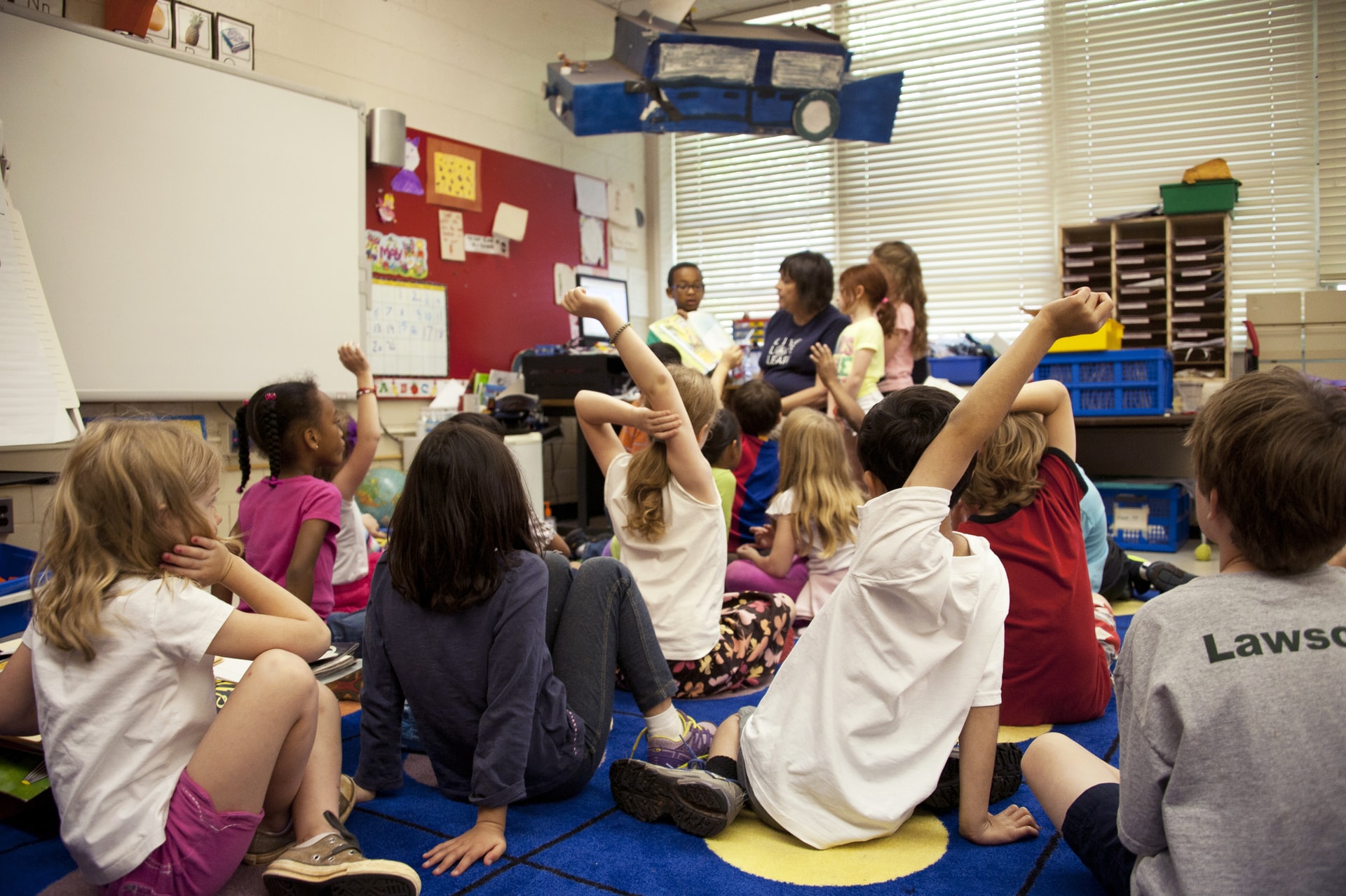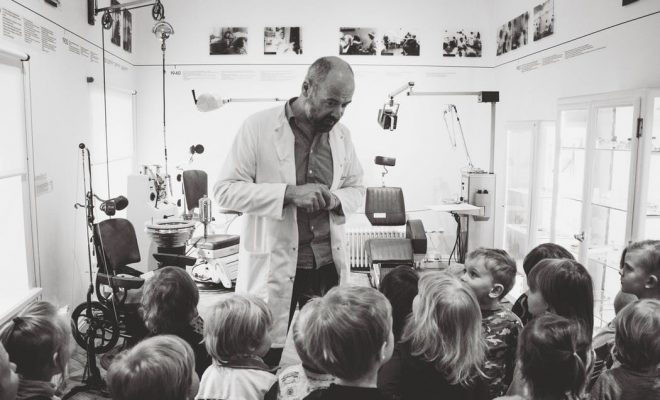How to Implement Critical Pedagogy into your Classroom

Critical pedagogy is a teaching philosophy that invites educators to encourage students to critique structures of power and oppression. It is rooted in critical theory, which involves becoming aware of and questioning the societal status quo. In critical pedagogy, a teacher uses his or her own enlightenment to encourage students to question and challenge inequalities that exist in families, schools, and societies.
This educational philosophy is considered progressive and even radical by some because of the way it critiques structures that are often taken for granted. If this is an approach that sounds like it is right for you and your students, keep reading. The following five steps can help you concretely implement critical pedagogy into your classroom.
- Challenge yourself. If you are not thinking critically and challenging social structures, you cannot expect your students to do it! Educate yourself using materials that question the common social narrative. For example, if you are a history teacher, immerse yourself in scholars who note the character flaws or problematic structures that allowed many well-known historical figures to be successful. Or, perhaps, read about why their “successes” were not really all that successful when considered in a different light. Critical theory is all about challenging the dominant social structures and the narratives that society has made most familiar. The more you learn, the better equipped you will be to help enlighten your students. Here are some good resources to get you started.
- Change the classroom dynamic. Critical pedagogy is all about challenging power structures, but one of the most common power dynamics in a student’s life is that of the teacher-student relationship. Challenge that! One concrete way to do this is by changing your classroom layout. Rather than having students sit in rows facing you, set up the desks so that they are facing each other in a semicircle or circle. This allows for better conversation in the classroom. You can also try sitting while leading discussions instead of standing. This posture puts you in the same position as the students and levels the student-teacher power dynamic. It is also a good idea, in general, to move from a lecture-based class where an all-wise teacher generously gives knowledge to humble students to a discussion-based class that allows students to think critically and draw their own conclusions.
- Present alternative views. In step 1, you, the teacher had to encounter views that were contrary to the dominant narrative. Now, present these views to your class alongside the traditional ones. Have them discuss both and encourage them to draw their own conclusions. If a student presents a viewpoint, encourage him or her to dig further. Asking questions like “why do you believe that?” or “why is that a good thing” will encourage students to challenge their own beliefs, break free of damaging social narratives, and think independently.
- Change your assessments. Traditional assessment structures, like traditional power structures, can be confining. You don’t have to use them! Make sure that your assessments are not about finding the right answer, but are instead about critical thinking skills. Make sure students are not just doing what they think they need to do to get a particular grade. You can do this by encouraging students to discuss and write and by focusing on the ideas presented above presentation style.
- Encourage activism. There is a somewhat cyclic nature to critical pedagogy. After educating yourself, you encourage students to think critically, and they, in turn, take their newfound enlightenment into their families and communities. You can do this by telling your students about opportunities in their community where they can combat oppression, like marches, demonstrations, and organizations. You can help students to start clubs that focus on bringing a voice to the marginalized. You can even encourage students to talk about patterns of power and oppression with their family and peers.
Concluding thoughts
Obviously, implementing critical pedagogy will look different in different subjects, and what works for one class may not work for another. For example, a history teacher may challenge an event that is traditionally seen as progressive, while a literature teacher may question a common cultural stereotype found in a book. A science teacher, on the other hand, may encourage students to look at the impact of scientific discoveries on marginalized groups. Often, this will involve finding common bonds between subjects as the critical approach is not confined to only one area of education and culture.
How have you implemented critical pedagogy in your classroom? What strategies have you found effective? Let us know by commenting below!





